Poems, poems, poems
Just a quick note to let you know that the new issue of Constellations: A Journal of Poetry and Fiction arrived in
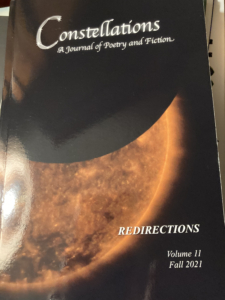
taken with my camera — I couldn’t get an angle without any glare
my mail today. A loooonnng time ago — in my writing group — I shared a poem called “The Rule of Three” about an encounter I had with a student/veteran (some of you may remember). It’s one example of how I always learned as much or more from my students than they ever did from me.
No, it’s not on-line, but I may be persuaded to share it with you. Constellations is now open for submissions.
Also — drum roll, please — my poem “Even in Winter, You Must Marry It,” will go live January 19 at Cordella.org. Look for it under “Field Notes,” or click on the poem’s title (above).
I first learned about Cordella when I was searching on-line for poems by the late Jeanne Lohmann. If you’re unfamiliar with her work, follow this link to read a sampling. It’s an honor to have my poem published at the same site.
At this rich on-line venue, you’ll also find Cordella’s newest issue: Kith & Kin.

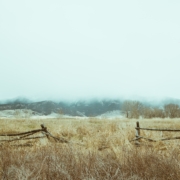
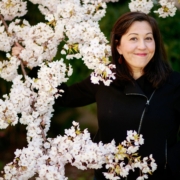
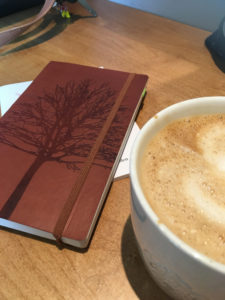
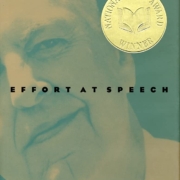
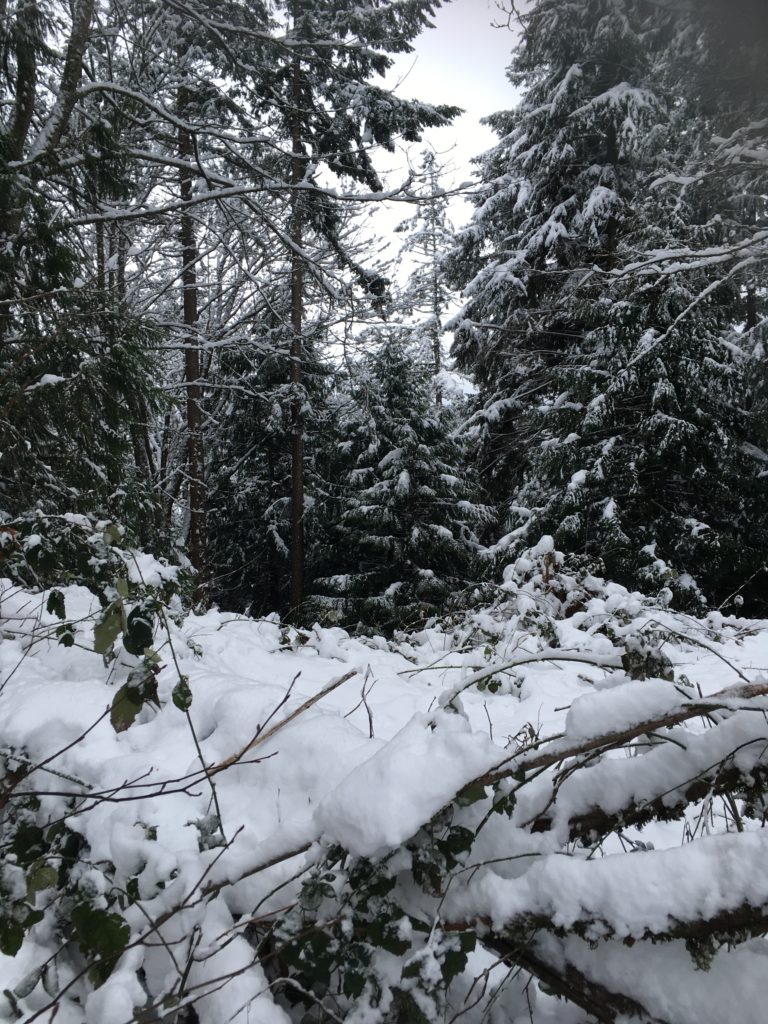
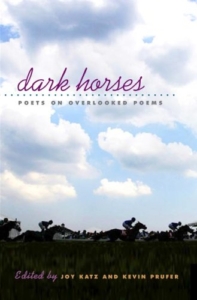 I was casting about for something to post here to mark the so-far quiet beginning of 2022, and at poetryfoundation.org I found
I was casting about for something to post here to mark the so-far quiet beginning of 2022, and at poetryfoundation.org I found